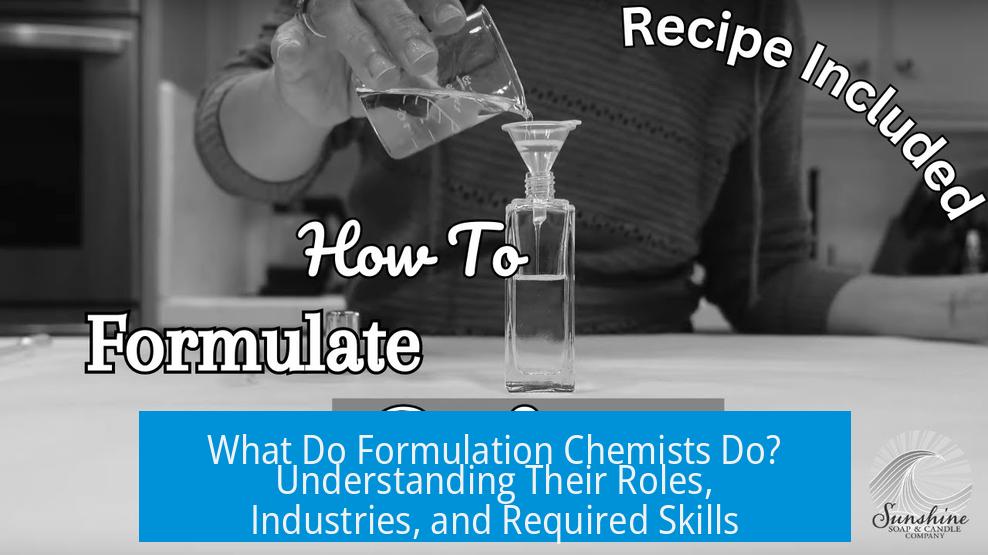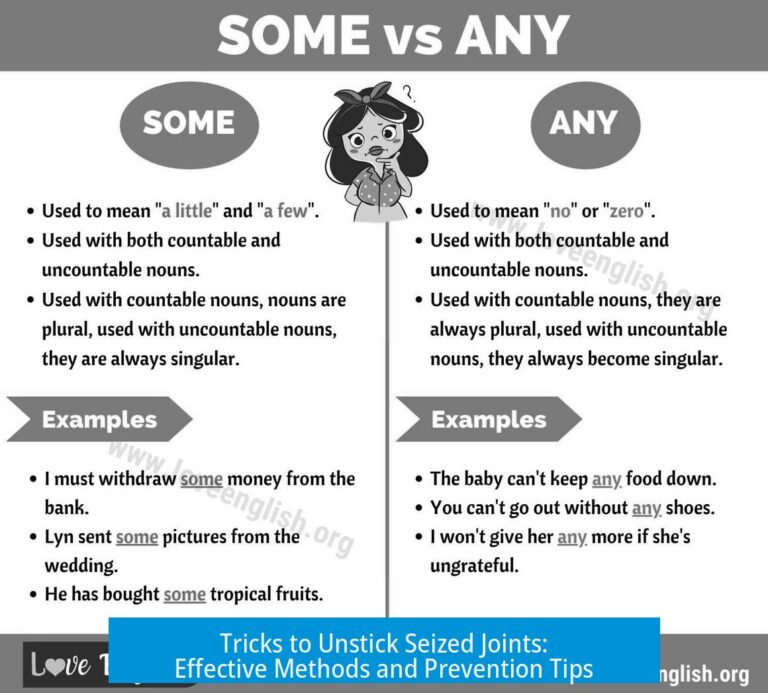What Do Formulation Chemists Do?
Formulation chemists develop and optimize mixtures of chemicals to create effective products across various industries. They decide the exact combination and amount of ingredients, tailoring these mixtures for specific applications such as pesticides, adhesives, pharmaceuticals, and more. Their work balances practical experimentation with scientific principles to meet product demands, safety standards, and manufacturing constraints.
Role and Responsibilities
At its core, a formulation chemist’s role involves selecting and fine-tuning the components that make up a product. This means deciding the proportions of active ingredients, solvents, emulsifiers, stabilizers, and other additives to achieve the best performance.
- The job varies widely depending on the industry and the product type.
- Each formulation chemist’s daily tasks and challenges can differ significantly.
- Experience and intuition play a strong role in estimating optimal ingredient ratios.
Formulation chemistry mixes art and science. It often involves trial and error, systematic testing, and detailed research to understand how components interact chemically and behave practically.
Formulation Chemistry in Agriculture
In agricultural chemistry, formulation chemists convert active pesticide compounds from the research lab into products usable in the field. Unlike simple sprays used in controlled environments, field applications require formulations that dissolve well in water, adhere to plants, and resist washing off while remaining safe for the plant and animals.
- They develop liquid sprays containing emulsifiers, detergents, and other proprietary agents to deliver compounds effectively.
- For seed treatments, they formulate coatings that protect seeds while ensuring the active compound performs optimally.
- Key product types include pesticides, fungicides, nematicides, and herbicides.
- Formulation chemists must balance compound efficacy with environmental safety and farmer usability.
Field formulations demand precise chemical balances to maintain the compound’s activity without causing toxicity to plants or animals. A formulation chemist often starts with platform formulas and refines them based on specific compound properties and trial results.
Formulation Chemistry in Other Industries
Beyond agriculture, formulation chemistry appears in numerous fields like adhesives, coatings, pharmaceuticals, and fertilizers.
- Adjusting ingredient ratios to enhance product performance or reduce costs
- Responding to customer requests or regulatory changes by developing new formulations
- Synthesizing trial batches for property testing in lab settings
The complexity of the work depends on the product requirements: some formulations require small incremental adjustments, while others call for extensive research into chemical interactions. A formulation chemist might conduct dozens of tests, optimize additives, or develop coatings to solve practical problems.
Pharmaceutical Formulation Chemistry
Pharmaceutical formulation chemists focus on creating stable, effective drug products. Especially in biopharmaceuticals, this involves designing excipient mixtures that preserve proteins and active ingredients for long shelf lives.
| Key Tasks | Details |
|---|---|
| Stability Studies | Testing formulations to ensure proteins remain stable under various conditions. |
| Scaling Up | Adjusting formulations for commercial-scale manufacturing based on lab research. |
| Iterative Refinement | Starting with a base formulation, then making precise edits to hone final versions. |
| Transfer and Validation | Confirming formulations meet quality standards during manufacturing handover. |
This late-stage work ensures pharmaceuticals are safe, effective, and manufacturable at scale. Formulation chemists collaborate with discovery researchers and production teams to complete this process.
Skills and Qualities of Formulation Chemists
While specific technical skills matter, formulation chemists benefit greatly from creativity, curiosity, and problem-solving ability. Companies often hire candidates who demonstrate a willingness to learn and adapt over those with direct experience.
- Being a “jack of all trades” helps handle various chemical and material types.
- Good formulation chemists ask questions, experiment intelligently, and integrate knowledge from diverse sources.
- Industrial experience helps develop an intuitive sense for effective formulations.
The role requires balancing theoretical chemistry with practical outcomes within cost, safety, and regulatory boundaries.
Summary of Key Points
- Formulation chemists design chemical mixtures tailored for specific applications.
- Work ranges from agricultural chemicals to pharmaceuticals, adhesives, and more.
- They optimize ingredient ratios to maximize efficacy, safety, and usability.
- Formulation involves extensive testing, refinement, and scale-up challenges.
- Creativity and curiosity often outweigh prior direct experience in hiring.
- Successful formulation chemists integrate art and science to solve complex problems.





Leave a Comment